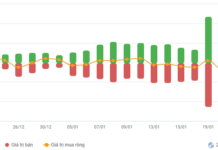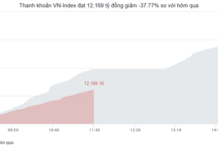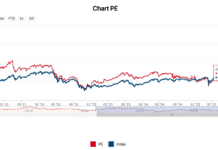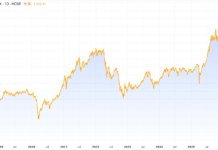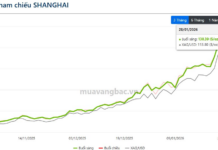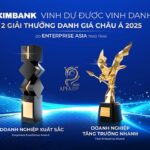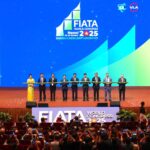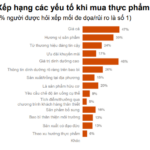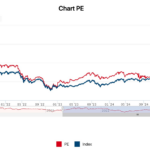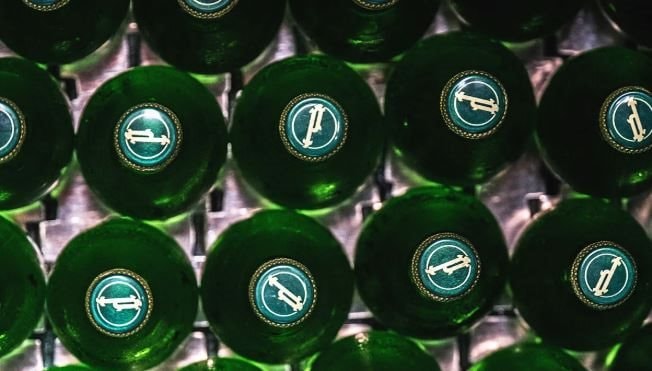
Once considered a generic, easily replaceable product, bottled water is now emerging as a symbol of refined living and health consciousness. This shift is particularly evident as industry giants like Nestlé and Danone pivot towards premium segments. The Economist’s article, “Bottled Water is Going Upmarket,” highlights this transformation: after years of competing on price with slim margins, these European powerhouses are redefining water from a basic necessity to a luxury experience with added value and symbolism.
Not long ago, bottled water was merely a convenient solution for modern urban life. However, in a world increasingly focused on health, sustainability, and individuality, consumer habits are evolving. Buyers now seek not just “clean water,” but “exceptional water”—sourced from Italian mineral springs, the French Alps, or Japanese limestone regions. A bottle of water is no longer just a thirst-quencher; it’s a narrative of origin, purity, natural minerals, and a philosophy of living “green, pure, and responsibly.”
According to The Economist, Nestlé—owner of brands like Perrier, San Pellegrino, and Acqua Panna—is restructuring its beverage division. They’ve separated the “Water & Premium Beverages” segment into an independent unit to focus on premiumization, aiming to boost profit margins and reduce reliance on mass-market sales. On Goodearth Products, Maison Perrier offers an 8-pack of 11.15 oz cans (fruit-flavored/special edition) priced at approximately $13.99 (nearly $50 per can).
Danone, with iconic brands like Evian and Volvic, is pursuing a similar strategy. Both companies recognize that competing in the low-cost segment is no longer viable, as rising energy, packaging, transportation costs, and environmental regulations erode profits. Instead of slashing prices, they’re elevating their brands to appeal to consumers willing to pay more for quality and experience.
This strategy isn’t just economic—it’s emotional. Nestlé invests heavily in packaging design, storytelling campaigns about water sources, and partnerships with luxury hotels and restaurants to position its products as “elite.” Danone aligns Evian with fashion, art, and environmental initiatives, turning mineral water into a symbol of French sophistication: refined, pure, and modern. BeverageDaily data shows premium water brands outpacing market growth; Evian grew over 8% in 2024, while Perrier remains the world’s most valuable water brand.
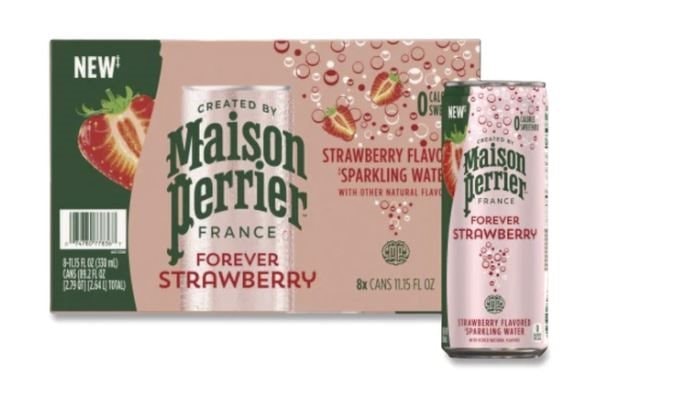
Yet, this glossy picture comes with challenges. To maintain premium status, companies must invest in R&D, eco-friendly packaging, and transparent sourcing. Scandals like Perrier’s use of activated carbon (banned under French natural mineral water standards) have shaken consumer trust. Experts warn that for brands built on absolute purity, even a single breach of trust can collapse billion-dollar valuations.
Additionally, bottled water companies face growing environmental backlash. Europe’s crackdown on single-use plastics and criticism from NGOs and young consumers over resource exploitation and plastic waste add pressure.
Thus, “premium” now encompasses sustainability commitments. Evian aims for carbon neutrality by 2025, Perrier tests 100% recycled plastic bottles, and Acqua Panna promotes sustainable sourcing—proving that luxury must align with social responsibility.
These shifts reflect global consumer culture post-pandemic. As people reduce alcohol and sugary drinks, natural, sugar-free options gain traction. Mineral water, both still and sparkling, replaces alcohol in restaurants and events. Consumers pay more for authenticity—natural origins, minimalist design, and aesthetic appeal.
However, the longevity of this premium bubble is uncertain. Economic downturns could push consumers back to cheaper options. A €3–4 Evian bottle or €2 Perrier slim can may become non-essential in tough times. Meanwhile, local premium brands (e.g., Fiji Water, Icelandic Glacial, or Japanese/Korean volcanic/glacial waters) challenge global players with regional authenticity.
Long-term, premium bottled water has growth potential. While soda and flavored drinks saturate markets, natural mineral water offers a “clean, sustainable, and sensible” image. As consumers seek spiritual value and experience, this once-ordinary product becomes a symbol of purification and simplicity.
Source: The Economist, Bvnet
Eximbank Honored with “Asia’s Outstanding Enterprise” and “Fast-Growing Enterprise” Awards at APEA 2025
On October 9, 2025, Eximbank was honored at the Asia Pacific Enterprise Awards (APEA) 2025 with two prestigious accolades: the Corporate Excellence Award and the Fast Enterprise Award. This achievement marks a significant milestone, solidifying Eximbank’s growing prominence in the regional financial market.
FIATA World Congress 2025: Unlocking Global Integration for Vietnamese Businesses
Speaking with reporters, Mr. Dao Trong Khoa, Chairman of the Vietnam Logistics Business Association (VLA) and Head of the Organizing Committee for the FIATA World Congress 2025, emphasized that Vietnam has created a historic congress in the 99-year history of the Federation. This milestone firmly establishes Vietnam’s position on the global logistics map.
“Thai Giant SCG Tackles the ‘Perfect Storm’: Saving Trillions with Green Solutions, Investing $6.5B to Make Vietnam a Key Hub”
“We must accelerate and expand our collaborative efforts to safeguard our planet and secure a brighter future for the next generation,” asserted the Chairman of SCG.

